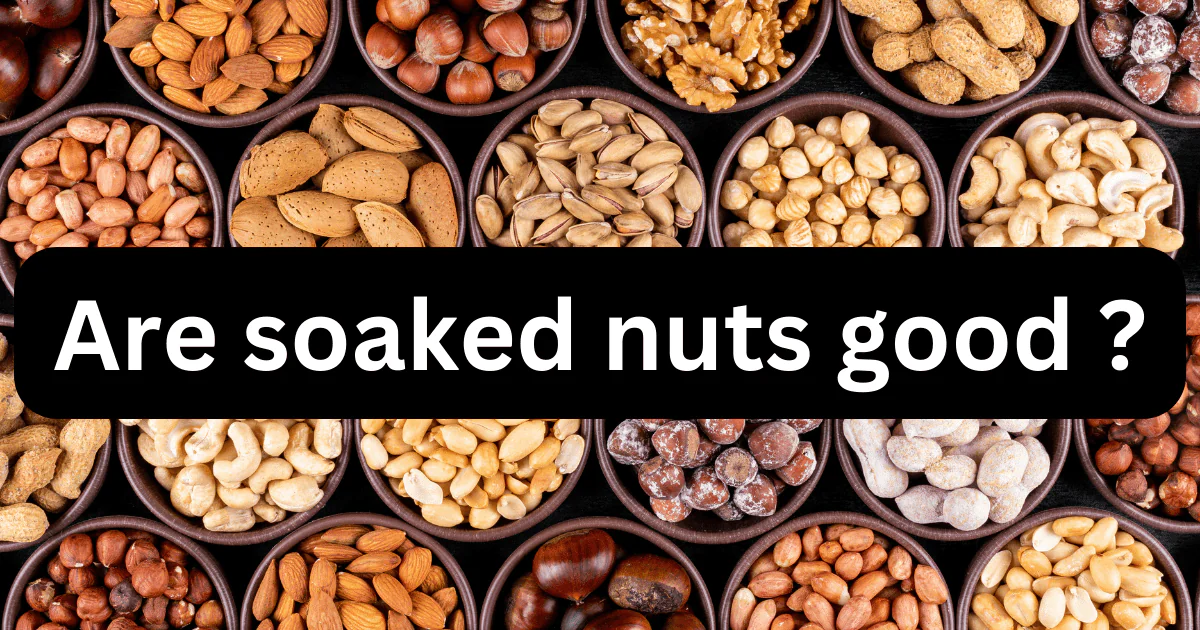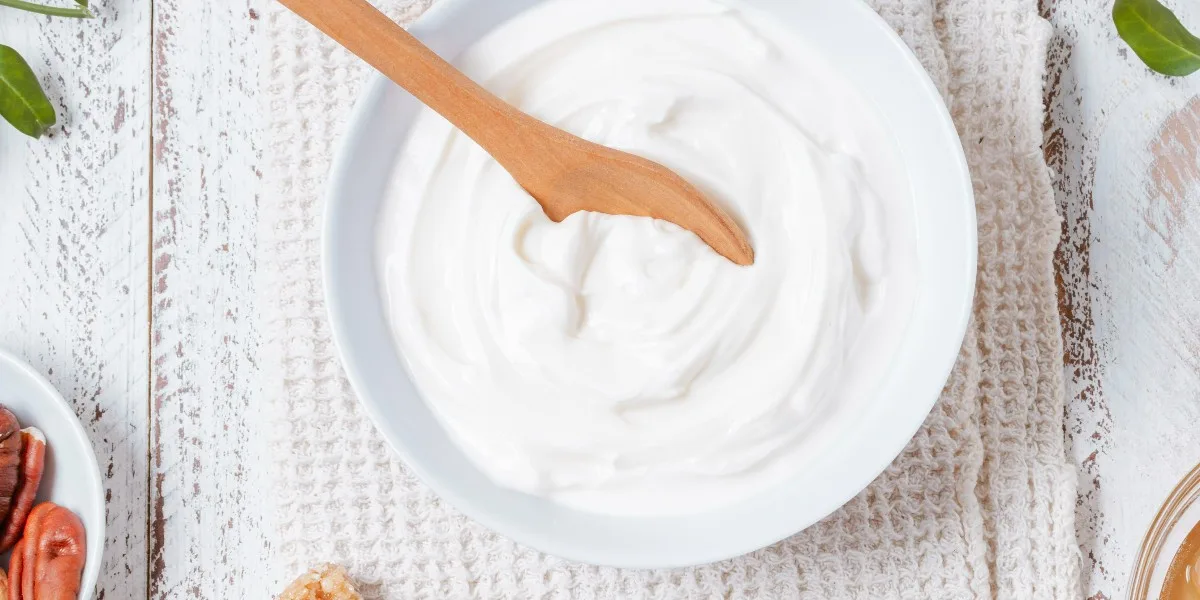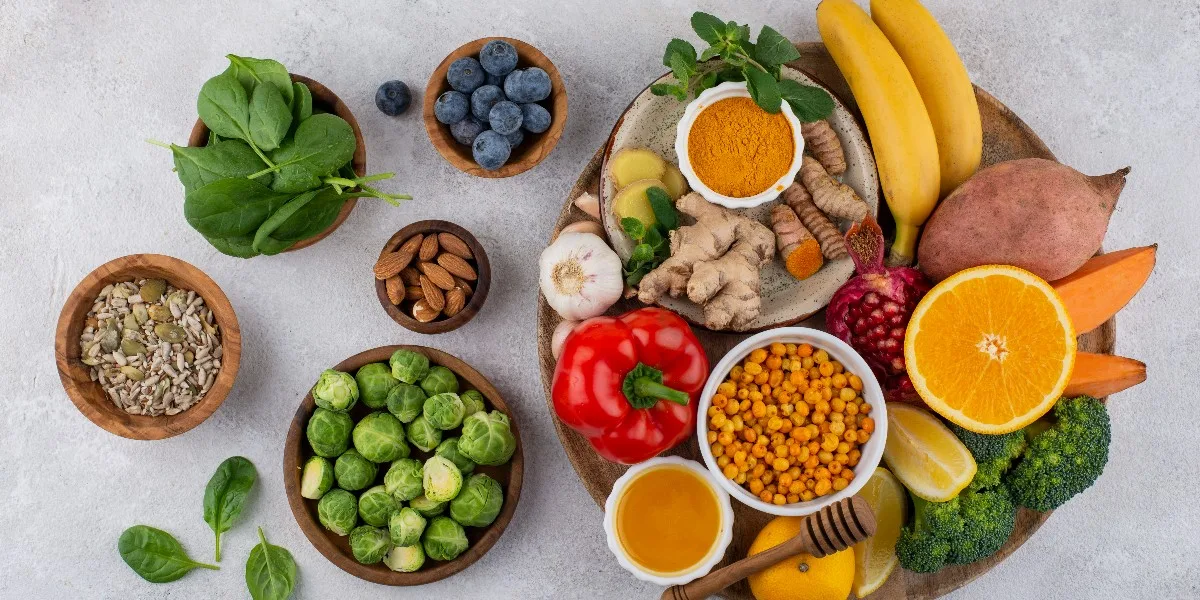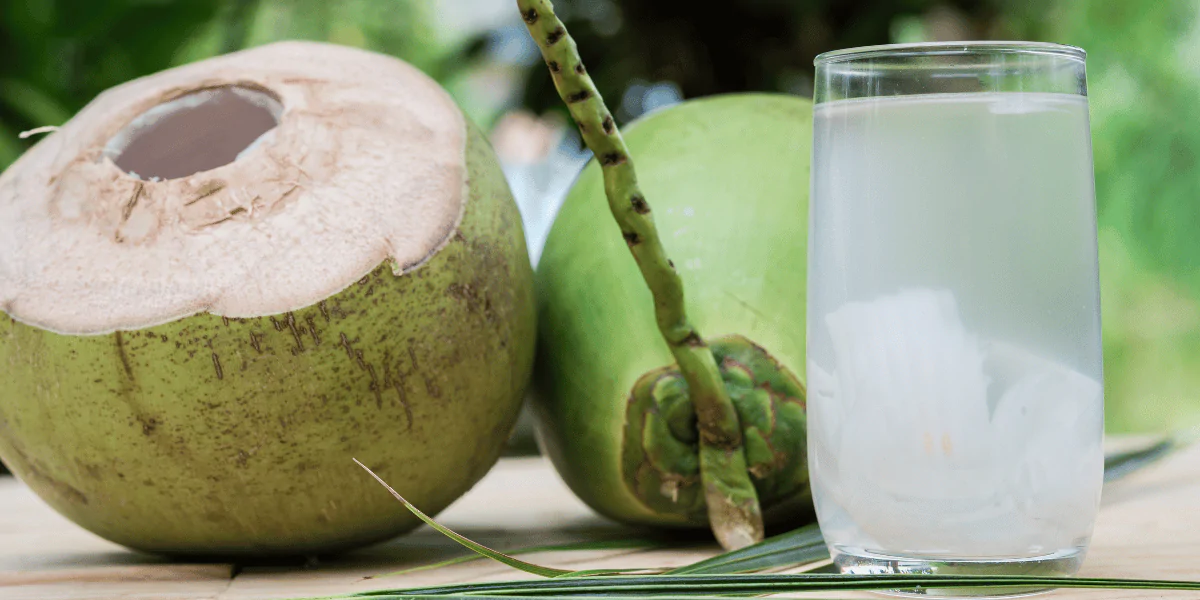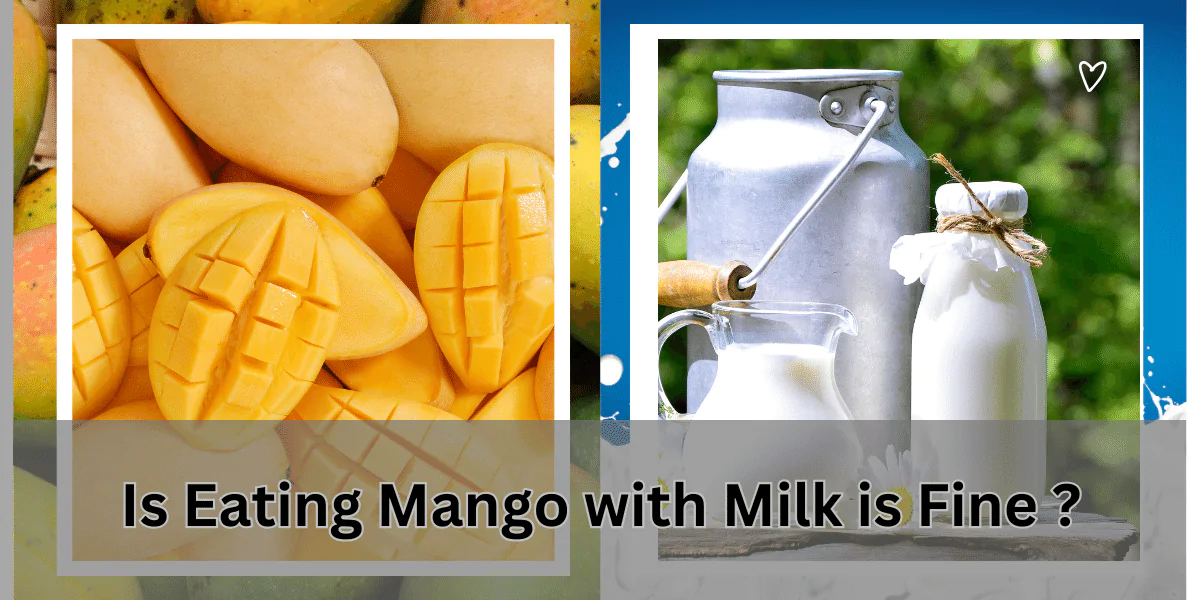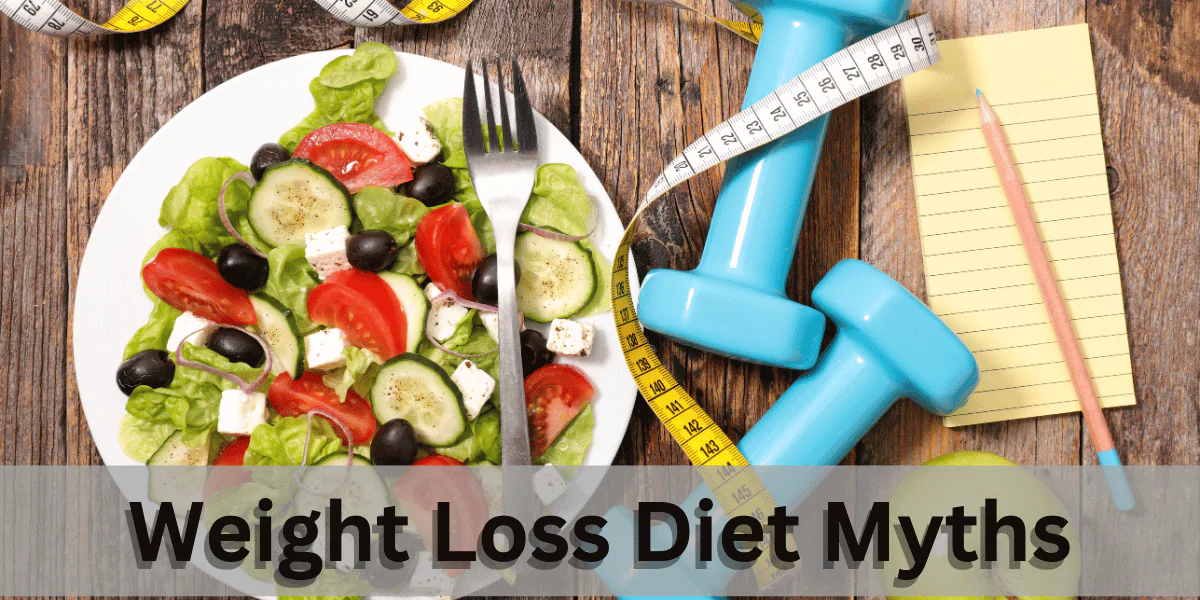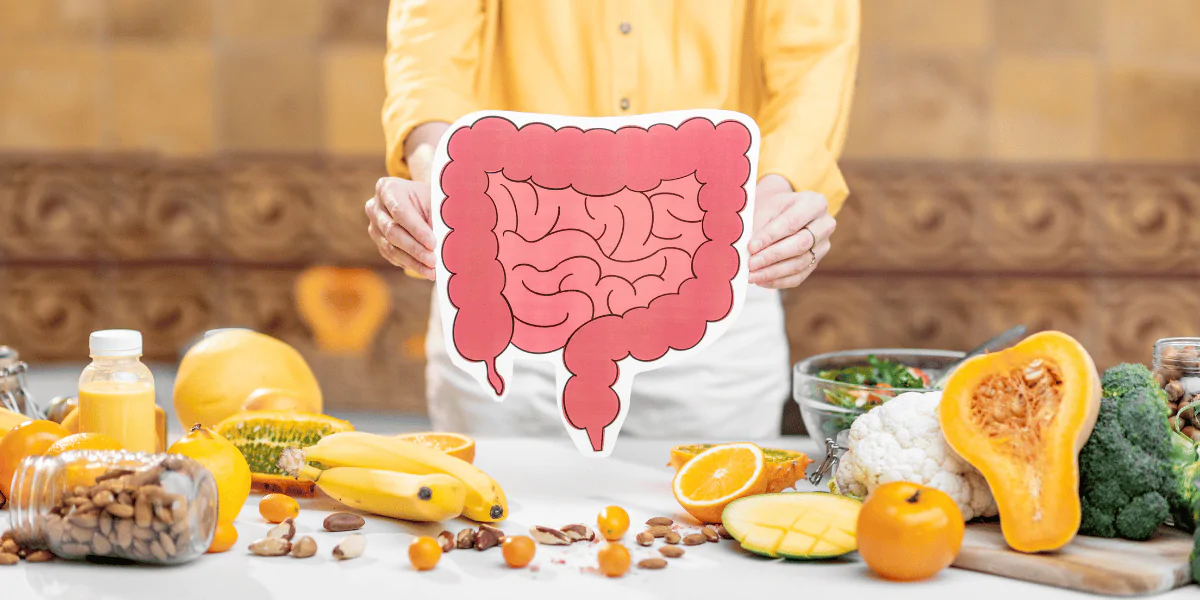In the ever-evolving world of health and wellness, it’s crucial to differentiate between fads and facts, especially when it comes to our diet. One topic that has recently garnered attention is the practice of soaking nuts before consumption. Proponents, ranging from social media influencers to traditional health advocates, claim that this practice is beneficial for several reasons, citing both ancient wisdom and modern science. But what does the evidence actually say? MyHealthPage delves into this topic to provide you with expert advice and insights.
Understanding the Claims
The argument for soaking nuts like walnuts and almonds stems from a blend of Ayurvedic practices and scientific theories. Advocates suggest three main benefits:
- Ayurvedic Support: Ancient Ayurvedic traditions advocate for soaking nuts to make them lighter and easier to digest.
- Scientific Basis: It’s suggested that soaking nuts can reduce phytate levels. Phytates are antinutrients that bind to minerals such as zinc, calcium, and iron, potentially hindering their absorption in the body.
- Health Benefits: Claims extend to soaking nuts preventing a myriad of health issues, from digestive troubles to skin conditions, suggesting a near-miraculous improvement in overall health.
Investigating the Science
To verify these claims, scientists conducted studies, soaking a variety of nuts for periods of 4 and 12 hours, with and without the addition of salt. They then measured phytate and mineral levels before and after soaking using high-performance liquid chromatography, a method known for its accuracy and reliability in chemical analysis.
The Findings
Contrary to popular belief, the results revealed that soaking nuts had “little to no effect on phytate levels.” Interestingly, in the case of almonds, phytate levels actually increased after soaking. Additionally, the process led to a loss of some minerals, challenging the notion that soaking enhances nutritional value.
It’s important to highlight, however, that the impact of soaking does vary across different types of foods. For example, soaking legumes like dal and rajma (kidney beans) can effectively reduce phytate levels, but the same cannot be said for nuts.
To Soak or Not to Soak?
Given the evidence, the choice to soak nuts before eating them seems to be more a matter of personal preference than a health imperative. If you enjoy the texture or taste of soaked nuts, there’s no harm in continuing the practice. However, it’s crucial not to expect significant nutritional benefits from soaking nuts alone.
A Word of Caution
This topic also serves as a reminder of the broader issue of health advice on social media. While social media can be a source of inspiration and information, it’s essential to approach health tips with a critical mind and seek information from reliable, evidence-based sources.
Conclusion
The discussion around soaking nuts highlights the complexity of nutrition science and the importance of basing dietary choices on solid evidence. Whether you choose to soak your nuts or enjoy them roasted and unsoaked, the key is to focus on a balanced diet rich in a variety of nutrients. And as always, when navigating the vast sea of health information, it’s wise to keep your critical thinking afloat and consult with healthcare professionals for advice tailored to your individual needs.
At MyHealthPage, our commitment is to bring you accurate, research-backed information to help you make informed health decisions. Stay tuned for more myth-busting articles and expert wellness tips.
Read also:The Science Behind Food Preservatives and Antioxidants
Image creadit :Image by 8photo on Freepik

